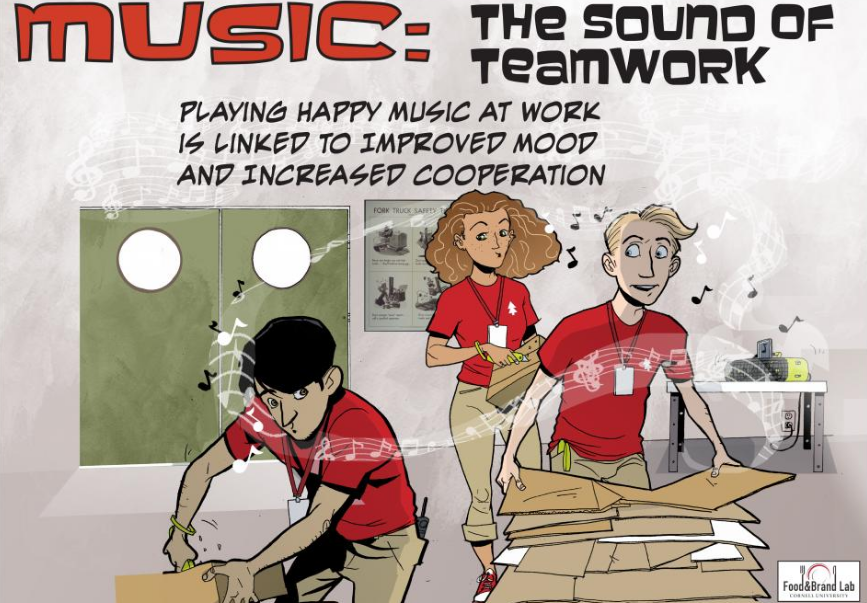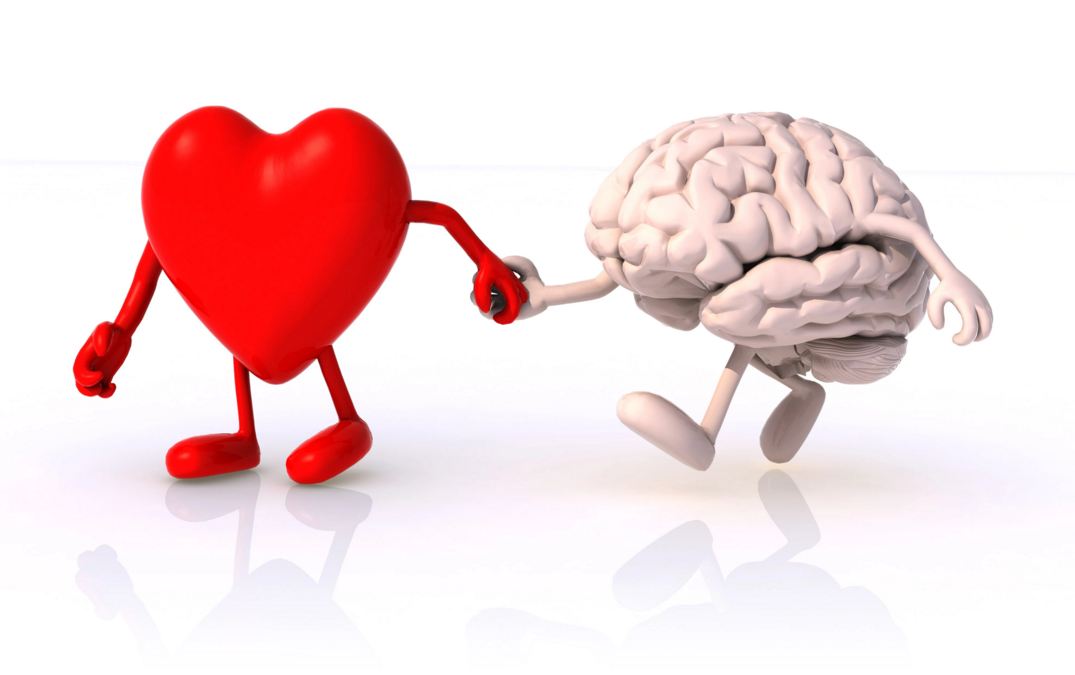I think this new study is useful, per se, but it contains a glaring, most significant omission. And that’s often typical of academic research that ignores the reality of everyday experience. To explain, researchers at the University of Central Florida found that exercise and sleep are keys to keeping employees from bringing work stress and frustrations home.
The study, reported in this summary from the University, looked in particular at abusive behavior at home. They found that those who engaged in more walking at work, and had more sleep, were less likely to behave abusively at home. That is, according to researcher Shannon Taylor, “…employees who are mistreated at work are likely to engage in similar behaviors at home. If they’ve been belittled or insulted by a supervisor, they tend to vent their frustration on members of their household. Our study shows that happens because they’re too tired to regulate their behavior.”
Well, yes. Exercise and sleep help everyone.
But as a solution, that finding deals with a symptom, not the source. It ignores the primary sources of most employee distress and dissatisfaction to begin with: A management culture that’s outright abusive, psychologically unhealthy, unsupportive of career development, too limiting of opportunities for continued learning, and a host of other management and organizational issues. I’ve written a great deal about the impact of an unhealthy management and leadership culture upon people’s workplace experience; and their role in a range of emotional and physical ailments that people experience as a consequence.
Moreover, the current study was conducted with MBA students – a population whose work experiences are not the same as entry level, mid-level or senior career workers. So the researchers’ conclusions — “burning an additional 587 calories can reduce the harmful effects of mistreatment and help prevent it from carrying into the home…(by,for example) with an hour of swimming or a brisk 90-minute walk” — are healthy practices, certainly. But they don’t address the fact that healthy organizations will help people experience a more positive, supportive, and meaningful career and work experience to begin with.
The research was published in the Journal of Applied Psychology.
Credit: NIU Newsroom


















































